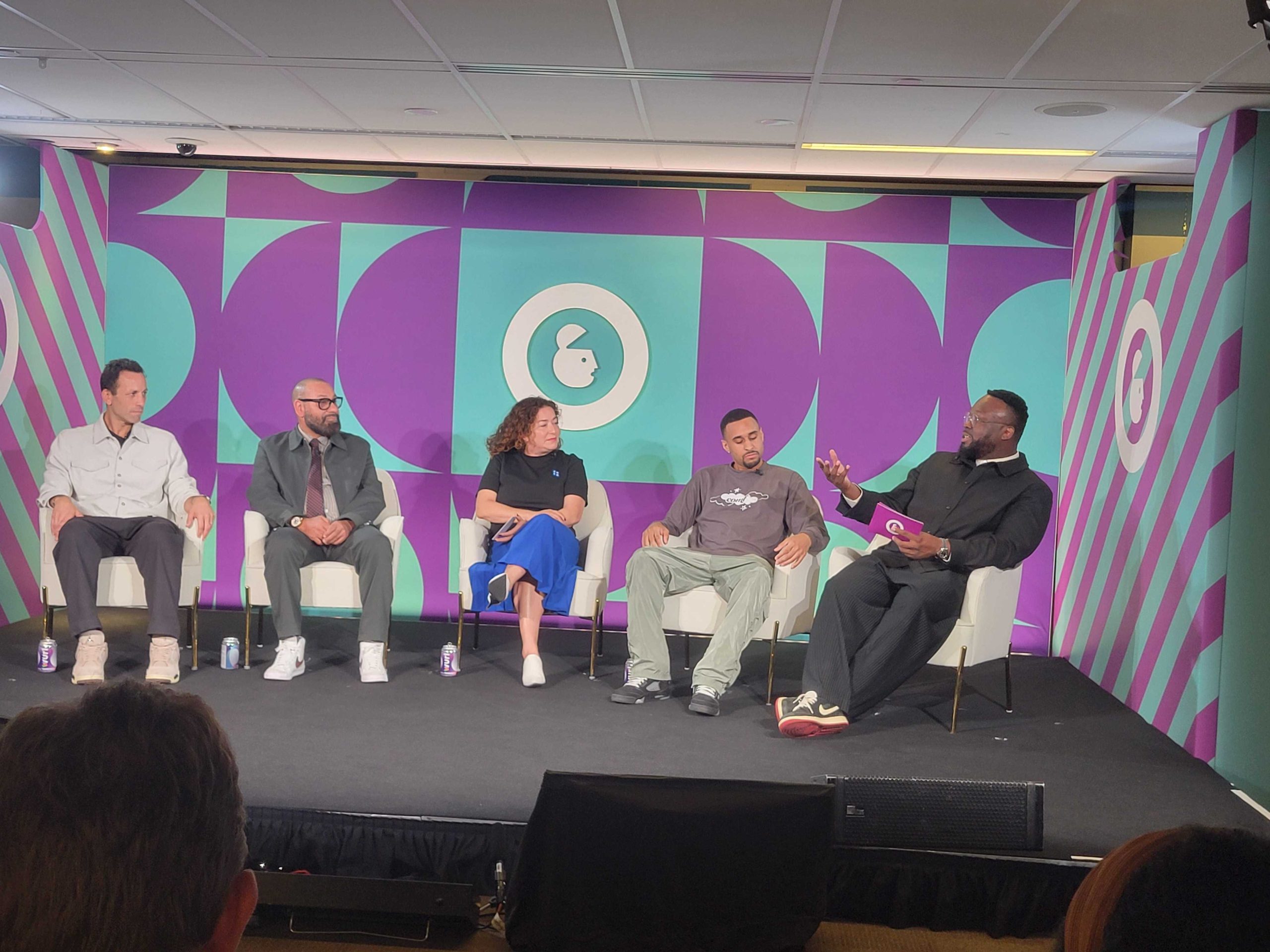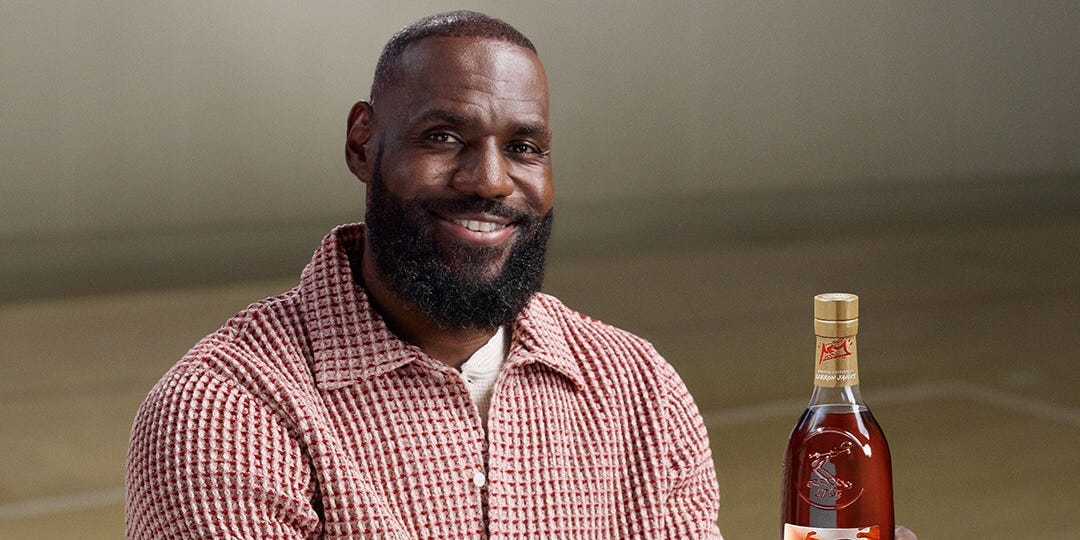Introduction: The Transformation of Sports Marketing
At Advertising Week, a panel of industry leaders gathered to discuss the evolving landscape of sports marketing. As culture and technology shift, so too do the strategies brands and media companies employ to connect with fans. The discussion featured insights from key figures including Andrew Steinthal of JP Morgan Chase, Jeff Sanchez from the NBA, Sofia Hernandez of TikTok, creator Speedy Morman, and TJ Adeshola of Arctos Partners.
1. Authentic Talent Partnerships Are Essential
One of the most significant changes in sports marketing is the emphasis on authentic partnerships with talent. According to Andrew Steinthal, consumers are more discerning than ever. “People can immediately tell when something’s inauthentic,” he said. Brands must build relationships with athletes and influencers that feel organic and aligned with their values, not just transactional.
Jeff Sanchez echoed this, explaining how the NBA focuses on long-term collaborations. “We don’t just want to work with someone for a campaign; we aim to build community,” he said. These deeper relationships foster trust and engagement among fans.
2. Social Media Platforms Are Driving Cultural Relevance
Social platforms, particularly TikTok, are shaping how sports content is consumed and shared. Sofia Hernandez, global head of business marketing at TikTok, emphasized the platform’s role in making sports moments go viral. “We’re seeing a democratization of storytelling,” she said. “Anyone with a phone can create a moment that resonates globally.”
This shift means that brands and leagues must be agile, ready to respond in real time, and willing to cede some control to the audience. TikTok’s algorithm rewards creativity and authenticity, pushing marketers to rethink traditional playbooks.
3. The Rise of Athlete-Creators
Today’s athletes are not just competitors—they’re content creators, brand ambassadors, and entrepreneurs. Speedy Morman, a sports creator, highlighted how athletes are building personal brands that extend far beyond their performance on the field. “It’s about storytelling,” he said. “People want to know who these athletes are, what they stand for, and what they care about.”
This trend opens new opportunities for brands to collaborate with athletes in more meaningful ways. Rather than sponsoring a moment, brands can co-create narratives that resonate with fans.
4. Data and Measurement Are Evolving
As digital platforms become more central to sports marketing, the tools used to measure success are also changing. TJ Adeshola of Arctos Partners pointed out that traditional metrics like TV ratings are no longer sufficient. “We need to look at engagement, sentiment, conversion—not just eyeballs,” he said.
Brands are investing in analytics tools that provide deeper insights into consumer behavior. This allows for more precise targeting and a better understanding of what content truly connects with audiences.
5. Cultural Fluency Is Non-Negotiable
Understanding and respecting culture is now a baseline requirement in sports marketing. Sofia Hernandez stressed the importance of cultural fluency, especially when reaching diverse audiences. “You can’t fake it,” she said. “Audiences know when you’re just checking a box.”
Marketers must invest in diverse talent and perspectives to ensure their campaigns are inclusive and genuine. This isn’t just about representation—it’s about relevance and resonance.
6. Long-Term Engagement Beats Short-Term Hype
Finally, the panel emphasized the importance of sustained engagement over flash-in-the-pan campaigns. Building loyal communities around teams, athletes, and causes requires consistent storytelling and value-driven content. Jeff Sanchez noted that the NBA’s most successful initiatives are those that build over time. “It’s about being there, not just showing up,” he said.
Brands that commit to long-term partnerships and cultural investment are better positioned to earn trust and drive deeper connections with fans.
Conclusion: A New Era of Sports Marketing
Sports marketing is undergoing a profound transformation, driven by shifts in technology, culture, and consumer expectations. Authenticity, cultural fluency, and long-term thinking are no longer optional—they’re essential. As the lines between sports, entertainment, and social media continue to blur, brands must adapt or risk losing relevance in the rapidly evolving sports ecosystem.
This article is inspired by content from Original Source. It has been rephrased for originality. Images are credited to the original source.





